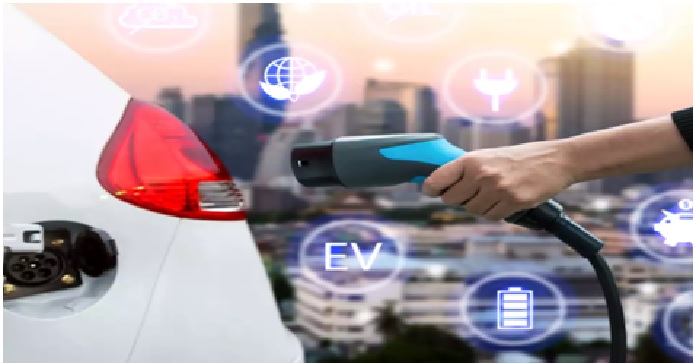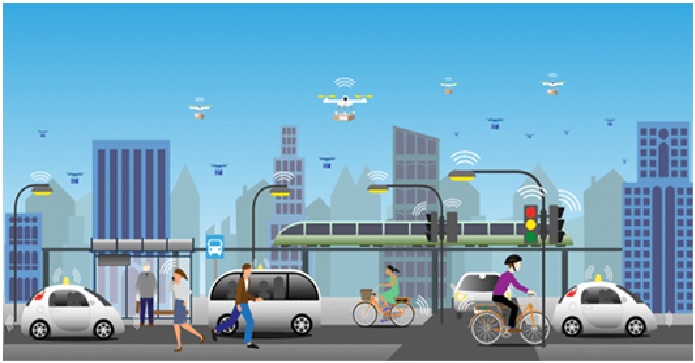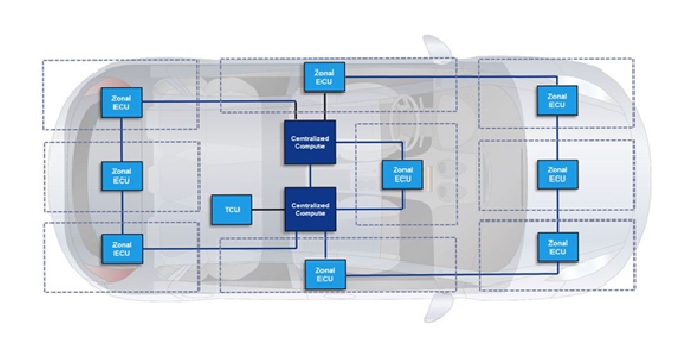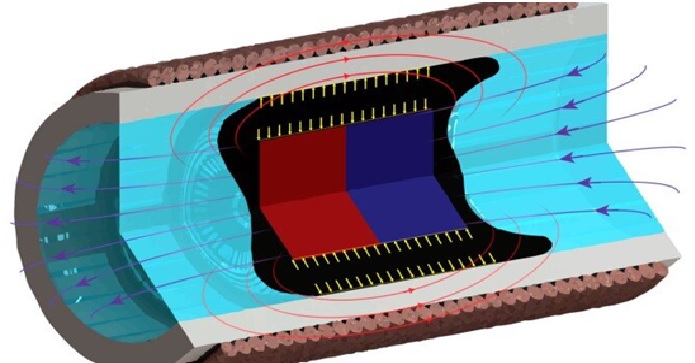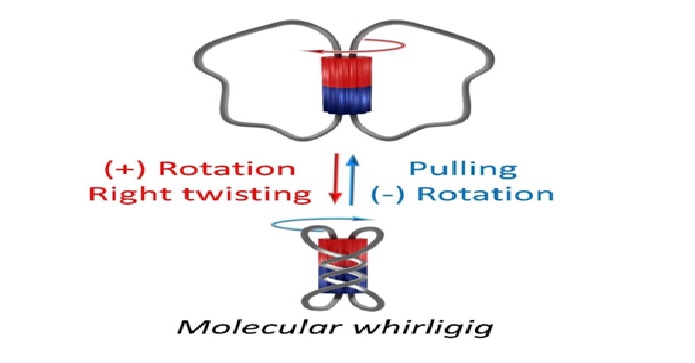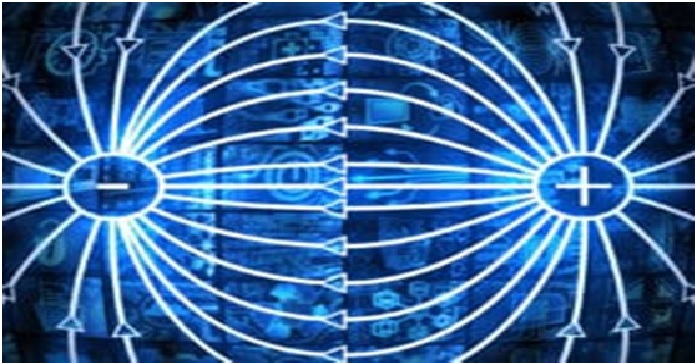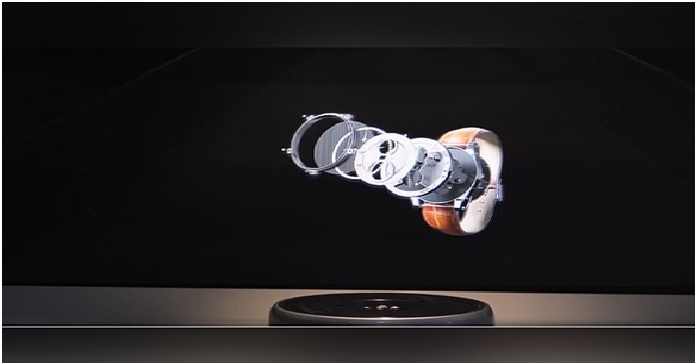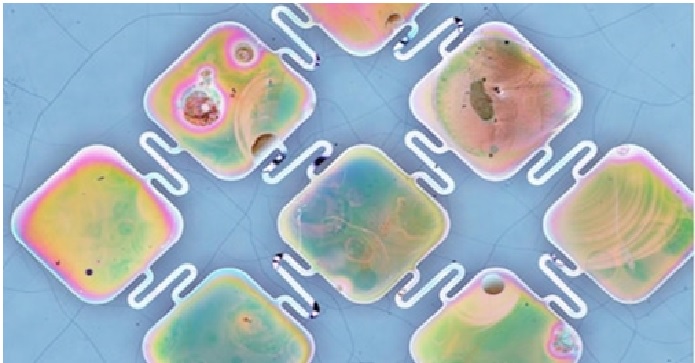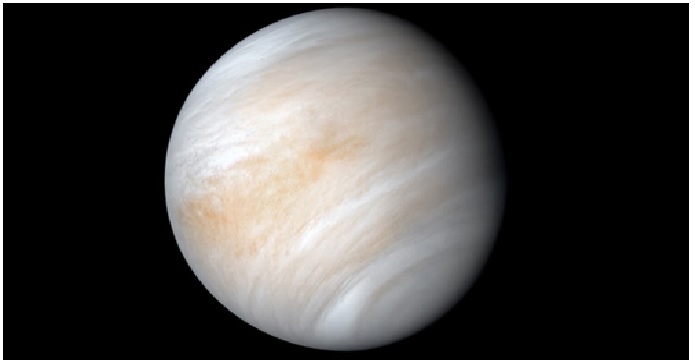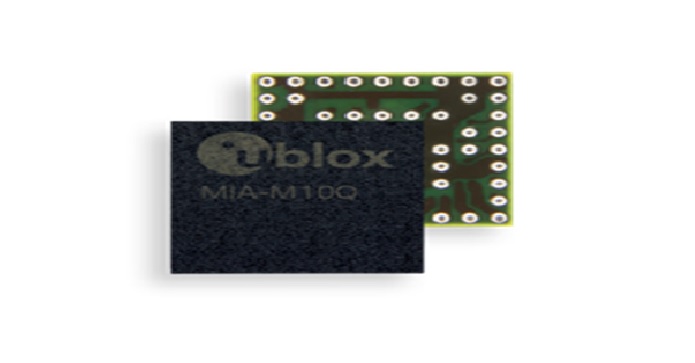Next-generation of Computing: P-computers
The development of more energy-efficient and scalable technology has become nothing less than a necessity now. But traditional computers are unable to compute in an energy-efficient manner, a restriction that has prompted a quest for new computing technologies.
Probabilistic computers (p-computers), according to Kerem Camsari, Assistant Professor of Electrical and Computer Engineering at UC Santa Barbara, are the answer. Probabilistic bits (p-bits) power P-computers, which interact with other p-bits in the same system. Unlike bits in traditional computers, which are either 0 or 1, or qubits, which can be in several states at once, p-bits oscillate between positions and work at normal temperature. [1]
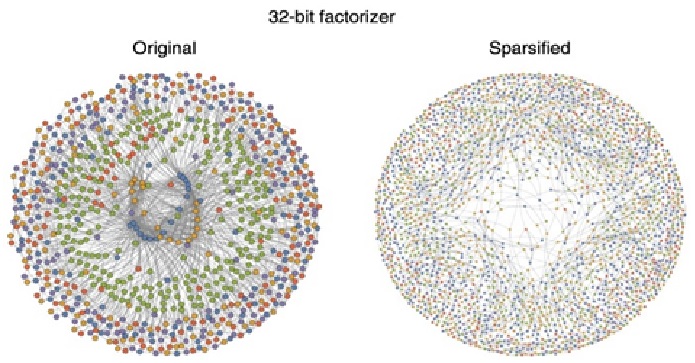
Figure 1. Next-generation of Computing: P-computers
Figure 1 shows a field-programmable gate array (FPGA) was used within the group’s prototyped design. The researchers demonstrated that their sparse design in FPGAs was as much as six orders of magnitude faster, with sampling speeds that had been 5 to eighteen occasions quicker than these attained by optimised algorithms on conventional computer systems. Moreover, they claimed that their sIm achieves large parallelism, with the variety of p-bits scaling linearly with the variety of flips per second — the important determine that determines how quickly a p-computer could make an informed determination. [2]
In addition, they reported that their sIm achieves massive parallelism where the flips per second—the key figure that measures how quickly a p-computer can make an intelligent decision—scales linearly with the number of p-bits. Camsari refers back to the analogy of trusted friends trying to make a decision.
“The key issue is that the process of reaching a consensus requires strong communication among people who continually talk with one another based on their latest thinking,” he noted. “If everyone makes decisions without listening, a consensus cannot be reached and the optimization problem is not solved.”
The research team hopes that p-computers will one day handle a specific set of problems, naturally probabilistic ones, much faster and more efficiently. [3]
References:
- https://www.electronicsforu.com/news/whats-new/what-are-p-computers-will-they-replace-traditional-computing
- https://electronicstechnology.in/what-are-p-computers-will-they-replace-traditional-computing/
- https://www.eletimes.com/the-next-generation-of-computing-p-computers
Cite this article:
Thanusri swetha J (2022), Next-generation of Computing: P-computers, AnaTechMaz, pp.235


